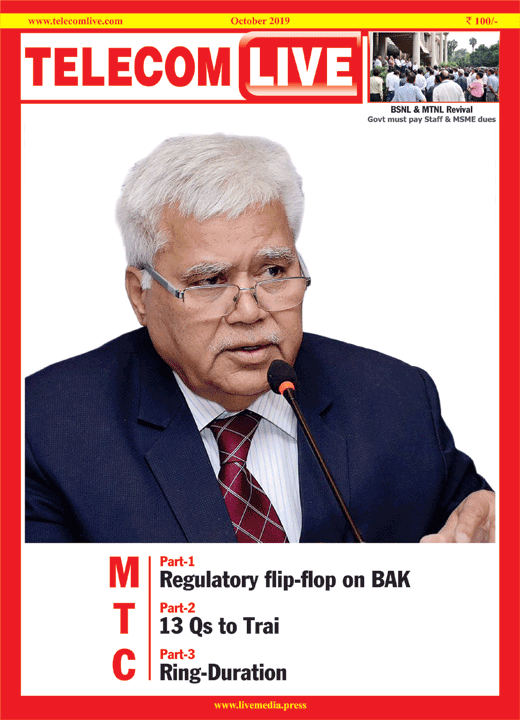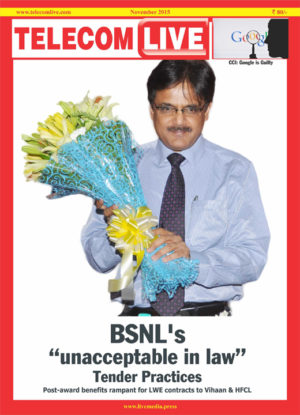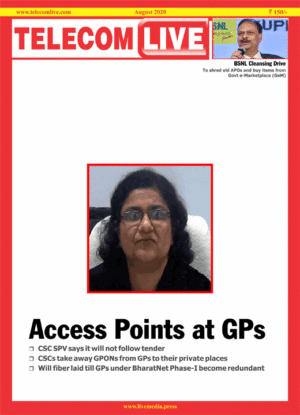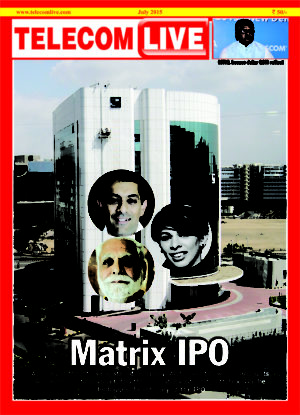The 3-part cover story of this edition flows from the latest consultation paper of Trai. This is anti-consumer and is in the nature of an inexplicable u-turn from its pronouncements of ushering in Bill and Keep (BAK). Trai has also batted for the retention of 6p/min mobile termination charge (MTC), whose end Trai had itself ordered from January 1, 2020 in an earlier order.
So, just what are Trai’s reasons? Trai has behaved like the handmaiden of the incumbent telcos, making their inefficiencies its roll call for denying BAK to the mobile sector. In the process, it has saddled consumers with heavy costs. Trai has stated that Bharti Airtel and Vodafone-Idea could not match their 4G/LTE network growth with Reliance Jio, 2G/3G networks are still being used for making and receiving calls and hence BAK is required to be deferred. This claim is not based on fact and our analysis on technology adoption presents all the details.
Trai insists that there are more calls originating in the Jio network to incumbents and advocates for non-implementation of BAK. It is widely known that the off-net outgoing / incoming voice calls can never be 50:50 especially with respect to a new player. Such regulatory preconditions of traffic matches smack of corporate lobbying and denude the principles of regulatory fair play particularly when Trai had in an affidavit committed to the Supreme Court on BAK and had also told all the telecom operators to adjust their business plans and network accordingly. This was in October 2011. There was no Reliance Jio then and no 4G/LTE. BAK was to be implemented from April 1, 2014. The incumbents managed to delay it. Consumer organizations consistently took up advocacy for BAK in open houses. Now, Trai has come up with a new gimmick of traffic symmetry / asymmetry to deny consumers the benefit of better tariff and ensure that incumbents make money without upgradations.
If such a precondition is stipulated, then BAK will always have to be deferred with the entry of a new telecom player. It is also a depressant for any new player to come in, if such regulatory hurdles are maintained. Thirteen specific questions have been asked of Trai in the cover story as a response to its ill-conceived, biased and anti-consumer consultation paper. Trai has also supported the inefficient use of radio spectrum resources through its another consultation paper, titled, ‘Duration of alert for the called party.’ Part-3 of our cover story illuminates this dimension.




